News
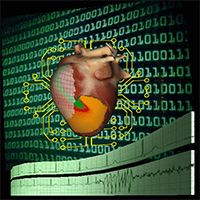
This week in Nature, an international team reports an imaging technique to observe the vortex-like, rotating contractions that underlie life-threatening ventricular…
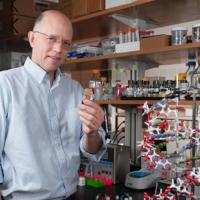
In popular culture, asteroids play the role of apocalyptic threat, get blamed for wiping out the dinosaurs – and offer an extraterrestrial source for mineral mining. But for researcher Nicholas Hud, asteroids play an entirely different role: that…
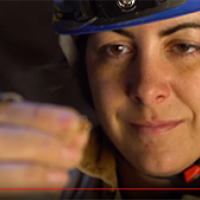
Jenny McGuire is one of several scientists featured in a documentary that WyomingPBS will air twice in February.

Chemical biologists at Georgia Tech and peer institutions in the Greater Atlanta area are poised for a grand debut on April 21, 2018 – at the First Annual Greater Atlanta Chemical Biology Symposium…
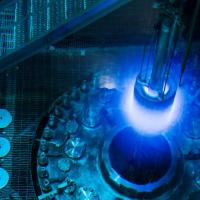
A pioneering glimpse inside elusive cell membranes illuminates a player in cell health but also in hepatitis C and in Alzheimer's. With the most powerful research neutron beams in the country, researchers open a portal into the hidden world…
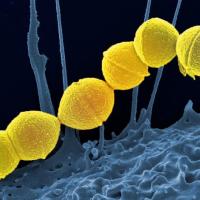
Antibiotics could become nearly useless by mid-century against intense infections due to bacteria evolving antibiotic resistance. And alternative treatments haven't been able to replace antibiotics in those big infections. It's time for a rethink…
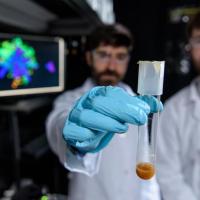
With no biological program to drive it, nascent multicellular clusters adopt a lifecycle thanks to the physics of their stresses. The accidental reproduction drives them to evolve as multicellular life.
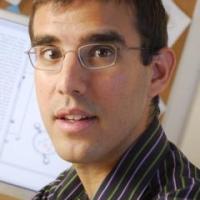
Scholar, educator, award-winning book author, interdisciplinary innovator, and shaper of future scientists, Joshua S. Weitz wears many hats at Georgia Tech, but his influence reaches far…
AMP-IT-UP teachers Cheryl Wilder and Kathy Duke from Griffin-Spalding County schools participated in an ECOGIG research cruise to the Gulf of Mexico. The cruise provided the teachers with real-world experiences that they will apply in the…
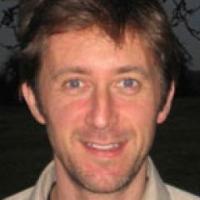
Sam Brown aims to understand the dynamics of the bacterial populations – or microbiomes – associated with cystic fibrosis to develop treatments targeting the specific microbiomes of individual patients.
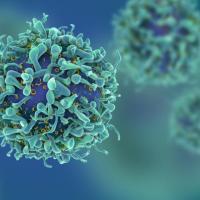
Here's an invitation for a throng of researchers to gather and fight cancer in an open source software project to hone predictions of drug effectiveness. Georgia Tech researchers have kicked off the project with a program…
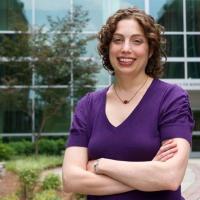
Petit Institute lab of Raquel Lieberman makes groundbreaking discovery

The National Science Foundation awarded Young-Hui Chang and Senior Lecturer Lee Childers a grant to figure out how to make the use of wearable lower-limb robotic prostheses much easier for patients and thereby reduce the burden on the…
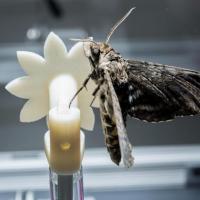
Sand-swimming lizards, slithering robotic snakes, dusk-flying moths and running roaches all have one thing in common: They're increasingly being studied by physicists interested in understanding the shared strategies these creatures have…

Evolution has improved upon the genetic foundations of human health ... but could that have changed?

Georgia Tech interdisciplinary graduate program in QBioS welcomes second cohort
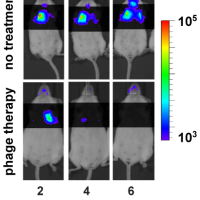
The rise of antibiotic-resistant superbugs poses a serious public health threat. In response, scientists and clinicians are exploring alternative ways to cure bacterial infections that are untreatable by antibiotics. One approach is to use…

Thanks to his research into motor skills and the science of movement, School of Biological Sciences Professor T. Richard Nichols is named a honorary member of the American Physical Therapy Association.

Films, gels, liquids and liquid crystals, all kinds of soft matter and polymers can be acted upon and combined for new functions and uses. Bringing intelligence to advanced materials is the goal of a new collaborative and interdisciplinary …

In findings that could mean better robots and prosthetics, Georgia Tech researchers show it is biomechanically possible for flamingos to stand and even sleep on one leg with little muscle effort.